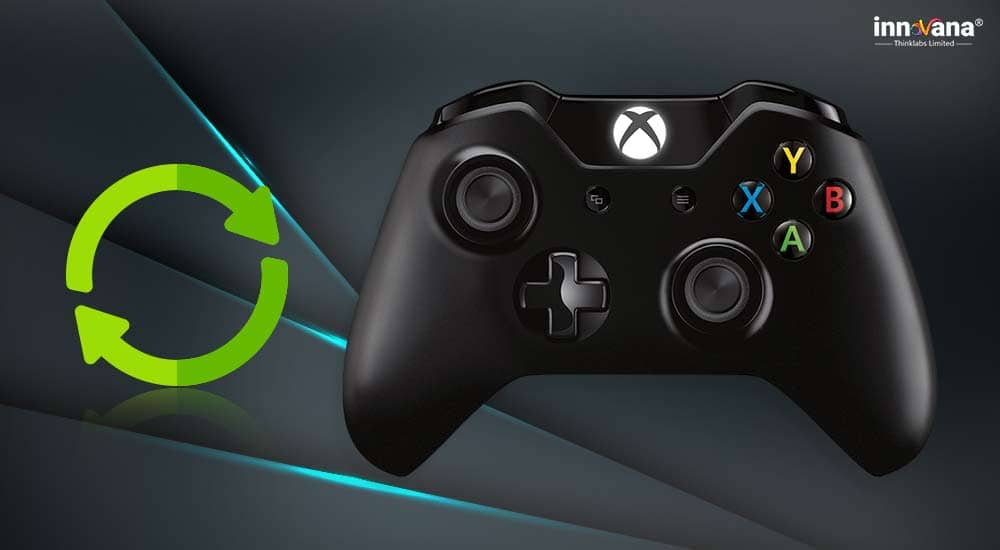


This version introduces native support for USB Type-C as defined in the USB 3.1 specification. New set of programming interfaces for developing a USB Type-C connector driver. USB dual-role controller driver programming reference For other controllers, Microsoft provides a set of programming interfaces that allow the dual-role class extension (UrsCx) and its client driver to communicate with each other to handle the role-switching capability of a dual-role controller.įor more information about this feature, see: Windows includes in-box client drivers for ChipIdea and Synopsys controllers. USB Dual Role controllers are now supported in Windows. USB Type-C Port Controller Interface driver class extensions reference You only need to write a client driver that communicates hardware events to the system through the class extension. The complexity of managing the USB Type-C connector and USB Power Delivery (PD) state machines is handled by the system. A USB Type-C connector driver does not need to maintain any internal PD/Type-C state.
Microsoft controller drivers for windows 10 serial#
Windows 10 version 1703 provides a class extension (UcmTcpciCx.sys) that supports the Universal Serial Bus Type-C Port Controller Interface Specification.

This topic describes the services provided by the UCSI class extension and the expected behavior of the client driver. With minimal amount of code, your driver, which is a client to UcmUcsiCx, can communicate with the USB Type-C hardware over non-ACPI transport. Starting in Windows 10, version 1809, a new class extension for UCSI (UcmUcsiCx.sys) has been added,which implements the UCSI specification in a transport agnostic way. This topic highlights the new features and improvements for Universal Serial Bus (USB) in Windows 10.


 0 kommentar(er)
0 kommentar(er)
